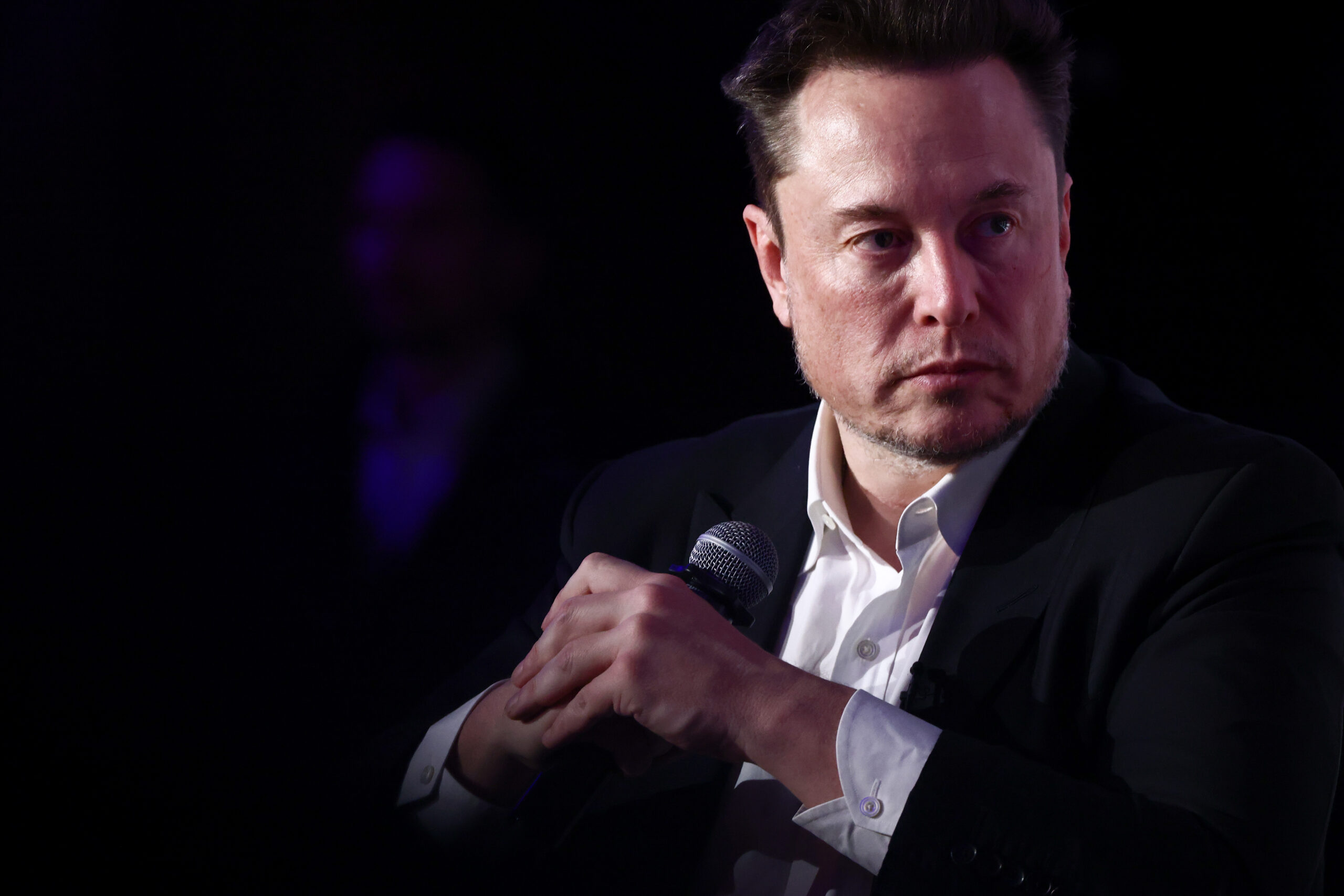Elon Musk’s Lawsuit Against OpenAI and Sam Altman: A Significant Turning Point
The fallout from the OpenAI board’s failed attempt to fire CEO Sam Altman last November has taken an unexpected turn. Elon Musk, the billionaire owner of SpaceX and co-founder of OpenAI, has filed a lawsuit against OpenAI and its co-founder Greg Brockman, alleging a violation of the company’s founding mission to develop AI safely and for the benefit of humanity.
Musk disagreed with Altman and Brockman’s plan to turn OpenAI from a non-profit organization into a for-profit company. In 2018, Musk stepped down from OpenAI and launched his own AI company, xAI. Before his departure, he made an unsuccessful bid to become the CEO of OpenAI. Now, he is suing Altman, Brockman, and several of OpenAI’s business entities for breach of contract, breach of fiduciary duty, and unfair business practices, seeking unspecified damages above $105,000.
However, Musk’s lawsuit also raises a more substantial claim that could reshape how OpenAI and its partner Microsoft do business. As part of their partnership agreement, Microsoft has exclusive commercial rights to OpenAI’s intellectual property. Still, these rights only apply to “pre-AGI technology.” It is OpenAI’s board that has the authority to determine when artificial general intelligence (AGI) has been reached.
In November 2023, Altman was fired by the OpenAI board. Microsoft and OpenAI employees applied significant pressure to reverse the decision, resulting in Altman’s reinstatement as CEO. Musk’s lawsuit alleges that these events constituted a “coup” orchestrated by Altman and Microsoft to ensure that the new OpenAI board, handpicked by Altman and Microsoft, would be unlikely to declare the achievement of AGI. According to Musk, this arrangement allows Microsoft to continue profiting from the technology.
The lawsuit emphasizes the discrepancy between OpenAI’s stated mission to benefit humanity and its transformation into a closed-source subsidiary of Microsoft, focusing on maximizing profits rather than serving humanity. Musk seeks a judicial determination that GPT-4, an OpenAI-developed AI system, constitutes Artificial General Intelligence, arguing that it falls outside the scope of OpenAI’s license to Microsoft. Additionally, he requests court orders to prohibit OpenAI from benefiting Microsoft financially and to compel OpenAI to release its technology to the public.
Elon Musk played a crucial role in founding OpenAI in 2015 as a nonprofit organization with the mission of building AGI for the benefit of humanity. Concerned about the safety of AI technology, Musk donated $44 million and helped recruit leading AI researchers. However, as the lawsuit states, the situation has evolved into a scenario where the nonprofit’s mission is being compromised for profit.
The lawsuit filed by Elon Musk against OpenAI and Sam Altman has the potential to significantly impact the future of the company and the field of artificial intelligence. It raises questions about the integrity of OpenAI’s mission and the influence of major technology companies in shaping the development and use of AGI. The outcome of this legal battle will undoubtedly be closely watched by industry experts and AI enthusiasts alike.
Read more: Business Today

